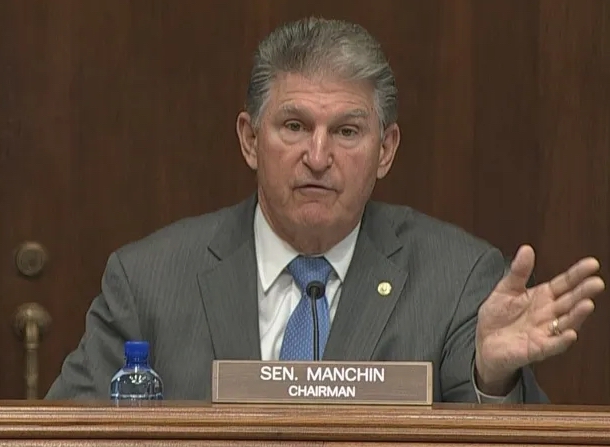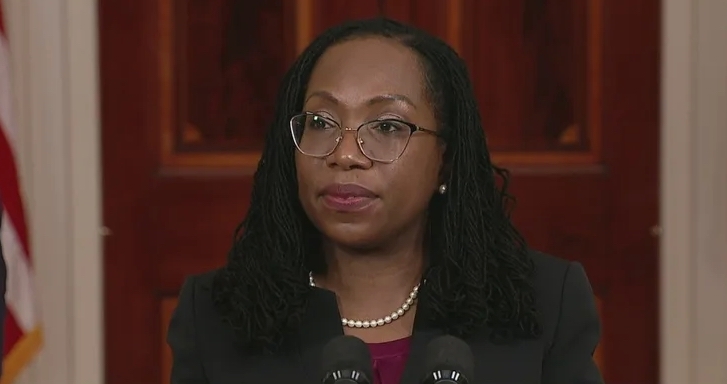Kevin Williamson of National Review Online offers an important lesson about the real-life impact of overturning Roe v. Wade.
For various reasons, many journalists and so-called journalists have written many columns about my views on abortion. But the only one of them to ever bother asking me about my views on abortion has been Jane Coaston. We recently had a short email exchange on the question, which she mentions in the New York Times. She writes:
“In response to an email, Williamson told me, ‘Returning abortion policy to the democratic theater does not empower the pro-life movement to dictate abortion policy — nor should we want it to.’”
“But have no doubt that the people who oppose abortion will, in fact, be dictating abortion policy in dozens of states . …”
Coaston is one of the many writers on this subject who, for whatever reason, keeps missing one of the central points: In a post-Roe world, nobody gets to dictate abortion policy to anybody — rather, abortion policy will be decided by democratically elected lawmakers. That is not dictatorship, but democracy. The importance of that point should be easily understood by all intelligent observers, including those of our friends and neighbors who support abortion rights. It is wrong to treat laws enacted by democratically enacted lawmakers as equivalent to the undemocratic settlement we currently have. It is also wrong to fail to acknowledge that this is a big part of what is being disputed.
There are really two separate issues in play here: One is the particular question of abortion, which is indirectly implicated in the Dobbs case (indirectly because throwing out Roe would provide no guidance at all on what abortion legislation should actually look like) and the independent issue of the Supreme Court’s longstanding habit of making social policy far in excess of its legitimate constitutional scope — a bad habit that is, I hope, about to be very much curtailed.


